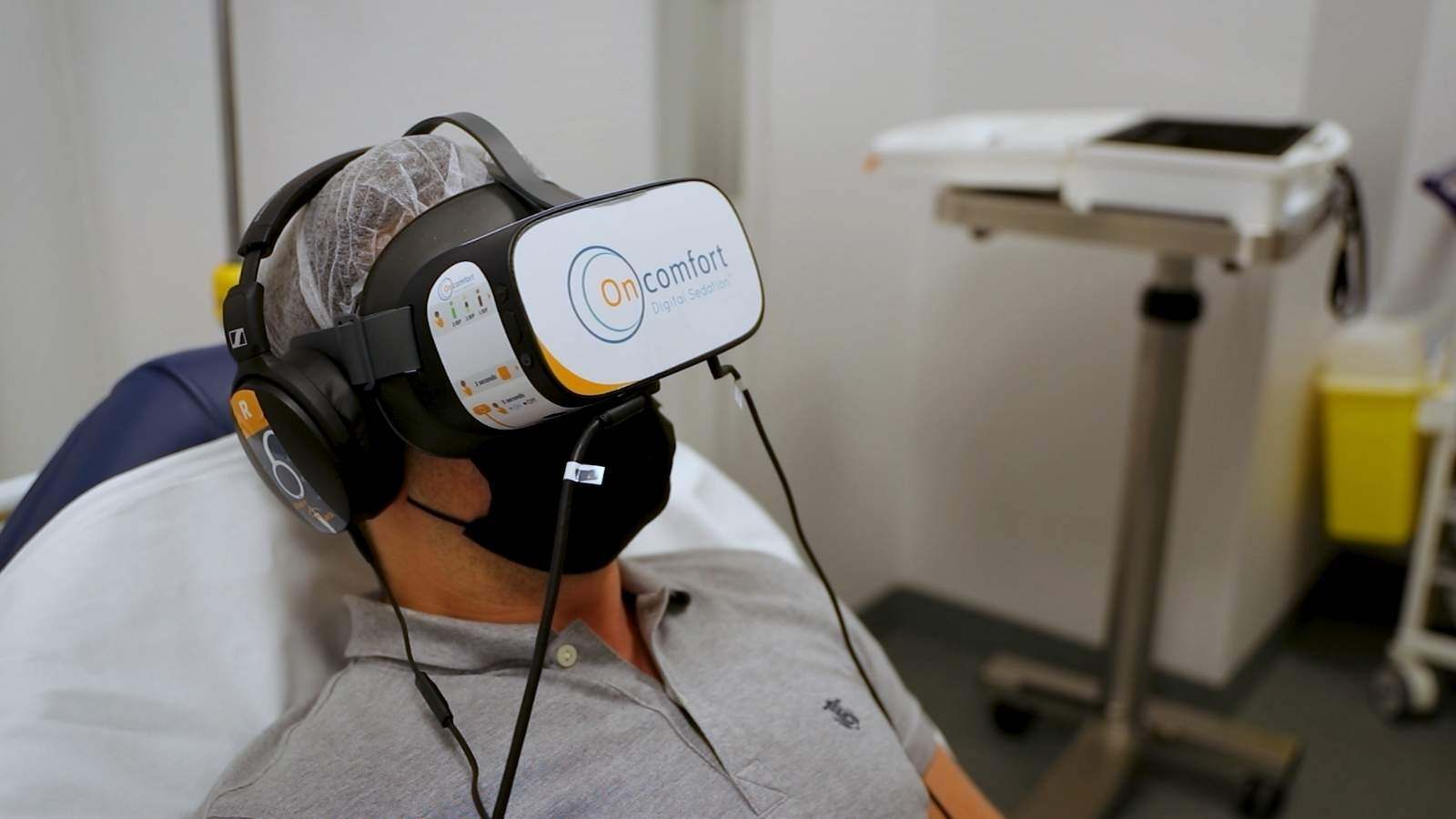Regulatory agencies require internal and supplier audits in the pharmaceutical and medical device industry to ensure products are safe and effective. Audit requirements are listed in the Good Manufacturing Practices (GMP), Good Distribution Practices (GDP), ISO 13485:2016, or other applicable standards.
Audits help identify potential problems that may affect product quality, efficacy, or safety. By identifying and addressing these issues, audits help minimize public health risks. Companies are responsible for maintaining these standards between CA audits.
Internal versus Supplier Audits
Internal audits
Internal audits are performed by the manufacturer to assess their own processes and ensure compliance with GMP and other regulatory requirements. These audits are a critical part of a manufacturer’s quality management system and provide a mechanism to identify potential issues and implement corrective actions to prevent recurrence and strive for continuous improvement.
Supplier audits
Supplier audits, on the other hand, are conducted by independent third parties. These audits provide an objective evaluation of supplier processes and compliance with regulatory requirements. In particular, these supplier audits are essential for identifying potential problems related to purchased products or services that affect internal production.
7 key areas to focus on during internal or supplier audits
The following non-exhaustive list indicates where to focus on for internal and supplier audits:
1. Compliance with regulatory requirements
It is essential to ensure that the manufacturer of pharmaceutical products or medical devices complies with all applicable regulations, including those relating to safety, efficacy and quality.
2. Quality Management System
The effectiveness of the quality management system (QMS) is a critical aspect of the audit. The QMS must be designed to ensure that all processes, from design and development to manufacturing and distribution, are monitored, documented and verified for compliance with quality standards and regulations.
3. Documentation and record-keeping
Adequate documentation and record-keeping are essential for ensuring product compliance and traceability. The audit should verify that the manufacturer’s records are accurate, complete, and current.
4. Personnel training and qualification
During the audit, it is important to evaluate the manufacturer’s personnel training and qualification procedures to verify their effectiveness in ensuring that employees are adequately qualified to carry out their assigned duties.
5. Product quality
The audit should review the manufacturer’s product quality control procedures to ensure that the products meet the required specifications and are manufactured under proper conditions.
6. Process validation
The manufacturer’s process validation procedures should be evaluated to ensure that they are appropriate, complete, and effective in ensuring product quality and consistency.
7. Risk management
The audit should evaluate the manufacturer’s risk management practices to ensure that they are adequate to identify and control potential risks associated with the design, manufacture, and distribution of the product.
Conclusion
In short, regulatory agencies require internal audits and audits of suppliers in the pharmaceutical and medical device industries to ensure that manufacturers comply with regulatory requirements and standards. These audits help identify potential problems that may affect product quality, efficacy or safety and provide a mechanism for implementing corrective actions to minimize public health risks.







.png?width=109&height=108&name=Pharma%20(2).png)
.png?width=111&height=108&name=Medical%20Devices%20(2).png)
.png?width=84&height=107&name=IVD%20(2).png)










.png)

.jpg)
